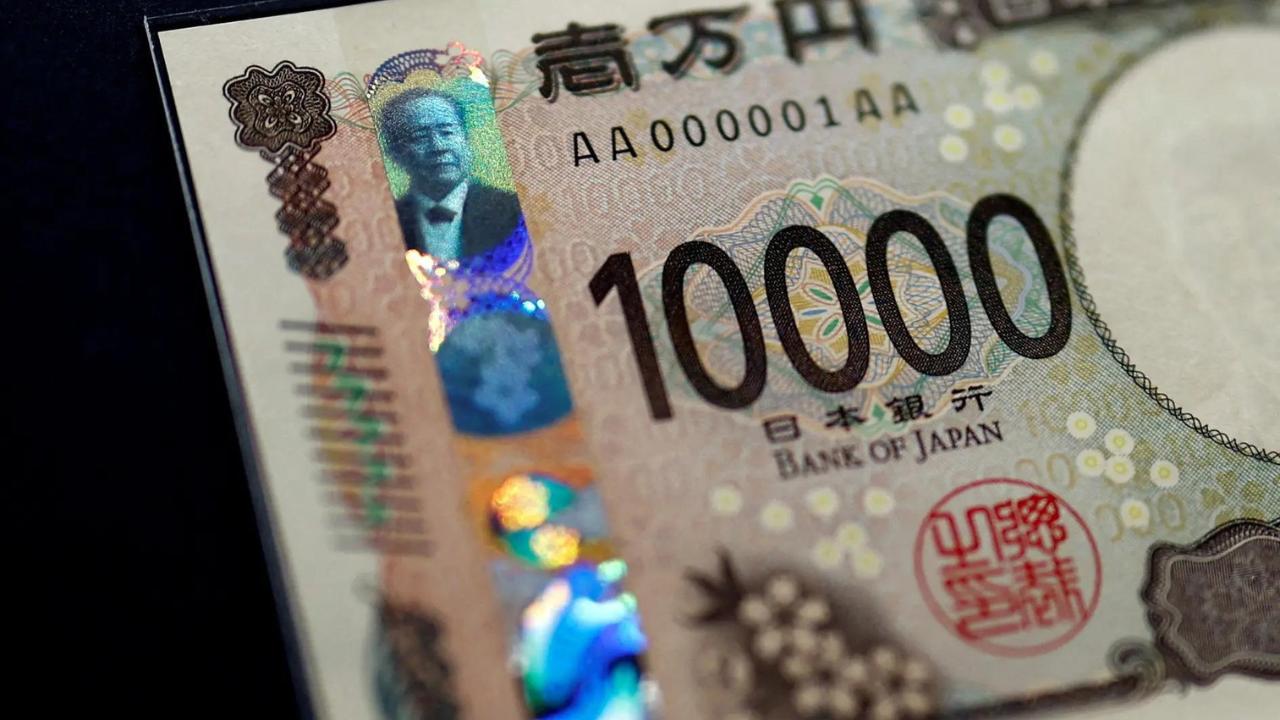Japan's economic growth hit by 'megaquake' warnings
Japan's economic growth decelerated in the third quarter following earthquake warnings that affected activities, as indicated by official data released on Friday, whilst Prime Minister Shigeru Ishiba tries to revitalise the fourth-largest economy.
The GDP increased by merely 0.
2 per cent from July to September compared to the previous quarter, according to preliminary government figures.
This slowdown was attributed to a "megaquake" alert in August and one of the most severe typhoons in recent decades.
The figures aligned with market predictions but showed a decline from the revised 0.
5 per cent growth in the preceding quarter.
The annualised GDP growth stood at 0.
9 per cent, considerably lower than the revised 2.
2 per cent increase observed in April-June.
Japan's chief cabinet secretary Yoshimasa Hayashi said on Friday that the government expects a "gradual recovery" of the economy, which has faced stagnation and deflation for decades.
"Our country is at an important crossroads as it's about to transition into a growth-based economy driven by wage hikes and investment," he said, adding, "To realise that, we will implement all possible economic and fiscal policies, including a package currently under consideration.
"Despite leading the ruling coalition to its poorest general election performance in 15 years last month, Ishiba retained his position through a parliamentary vote earlier this week.
The 67-year-old leader has announced government support plans for AI and semiconductor sectors, pledging over 10 trillion yen ($64 billion) by 2030.
He aims to secure opposition party support this month for a draft supplementary budget containing new stimulus measures, reportedly including financial assistance for low-income households and families.
Increased automotive spending, following production resumption after a domestic testing controversy, contributed to output growth during the quarter, news agency AFP reported.
However, these gains were offset by Typhoon Shanshan and the "megaquake" alert, issued and subsequently withdrawn by the weather agency in August under a new warning system.
This resulted in consumers stockpiling emergency provisions, causing rice shortages in supermarkets and numerous hotel cancellations during a major Japanese holiday period.
Typhoon Shanshan's impact in the same month disrupted factory production and led to train and flight cancellations.
.

